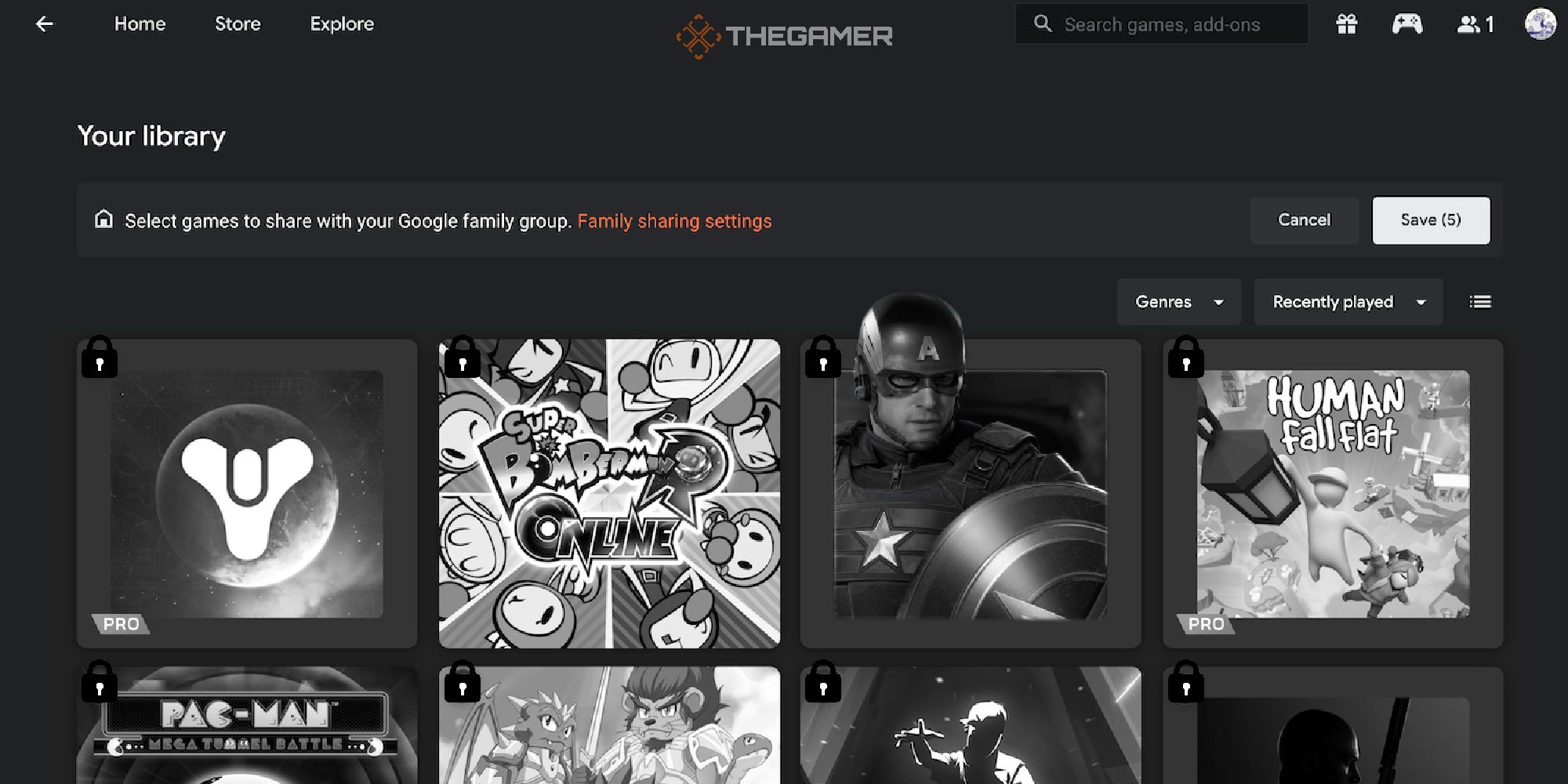
Companies are pushing us towards cloud gaming without assuring us they're in it for the long haul - so why should we be?
Sony just announced its new three-tiered PlayStation Plus system. At its most basic level, it’s PS Plus as we know it today. For a few dollars more, you get access to hundreds of PS4 and PS5 titles to download. The highest and most expensive tier unlocks PlayStation’s vast retro library. The catch is, while PS1 and PS2 games can be downloaded, PS3 games will have to be streamed via the cloud. Instead of improving its cloud gaming service, Sony has decided that countries that don’t have access to it will have to make do with a consolation top tier. How can companies be pushing for cloud gaming so hard while simultaneously doing nothing to increase consumer confidence in it?
A GamesIndustry.biz article came out a few weeks ago that said, ultimately, it will be consumers who decide how successful cloud gaming is. While Xbox Game Pass offering subscribers the ability to stream games rather than download them in order to save precious hard drive space is useful, Microsoft’s new push towards getting indie devs to make cloud-based games is worrying.
As a consumer, you have no guarantees when it comes to a cloud game. Buying one is like buying a film on Amazon Prime. If you read the small print, it turns out you’re just leasing the film from Amazon until Bezos decides it isn’t worth the effort of hosting it anymore. Your digital film collection could vanish in an instant if Amazon goes bust or simply chooses to abandon the film and TV market. It’s unlikely, but it’s not impossible.
Just look at what happened to Google Stadia. The dozens of people who bought into it have been left in the lurch after Google reportedly decided to “deprioritise” it back in February. February last year, Google closed its first-party game dev studios, meaning it now only exists as a platform for third-party titles. If Google pulls out altogether and the servers are shut down, your games library will vanish into the ethernet cable, lost to abandoned technology.
The issue with cloud gaming isn’t that it’s inherently bad, it’s that it doesn’t offer players any security. Kingdom Hearts fans were delighted to learn the series was getting ported to the Switch, but they’re unhappy the games are cloud exclusive. While it may be difficult to get the latest Kingdom Hearts game to run natively on the Switch - is it 3? Is it 3.5 Remix Integrade? I don’t know and at this point I’m too afraid to ask. - it should be able to handle the earlier titles.
can ps2 play fortnite
Cloud gaming as an addition to what we currently have is fantastic. I’ve been playing Halo on my Xbox Series S without having to delete anything, but streaming games is a luxury that not everyone has. I live in an area with one of the highest internet speeds in the UK and my housemates and I can afford a fibre optic connection. People who live in rural areas, in countries where cloud infrastructure isn’t invested in, and players on lower incomes all lose out if cloud gaming becomes the primary way to game.
Currently, if you want to play Kingdom Hearts on your Switch, you’ve got to rely on Nintendo keeping its cloud gaming service live. It can decide at any time to pull the plug, that the investment isn’t worth it. And then the $120 you shelled out for the right to stream these games gets you precisely fuck all.
Companies have proved time and time again that they can’t be trusted to preserve their own legacies, so why would we believe they’ll keep their cloud services alive? Stadia is already basically dead and being recycled into something else, Sony tried to shut down the PSN store on the PS3 and PS Vita last year, and Nintendo is taking the 3DS and Wii U eShops offline as well. There is no guarantee these companies which only care about money will protect your library once it becomes unprofitable to do so. Until that changes and global internet infrastructure is way better, cloud gaming can’t be anything more than a convenient luxury.
Next: Games Are Part Of The Zeitgeist But Can't Reflect It